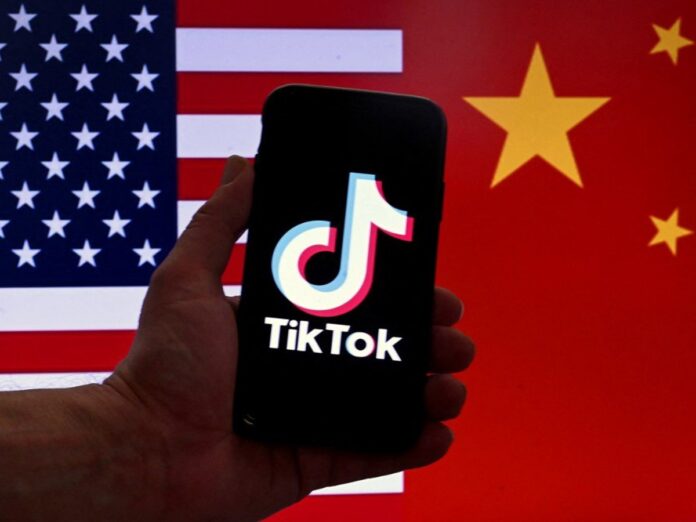Late Friday, the Justice Department filed its response to TikTok’s civil suit. The suit aims to challenge a new law that could force the popular app to be sold or banned in the United States.
TikTok’s lawsuit, filed in a Washington federal court, argues that the law infringes on First Amendment rights, particularly regarding free speech.
In its response, the US government asserts that the law is designed to address national security concerns rather than free speech issues. It argues that TikTok’s Chinese parent company, ByteDance, does not have standing to claim First Amendment protections in this context.
According to senior Justice Department officials, the primary concern is that ByteDance could be compelled by the Chinese government to share data on US users or to manipulate content on the platform. “The goal of this law is to ensure that people of all ages can use TikTok safely and with confidence that their data is not being accessed by the Chinese government and that their content is not being censored by it,” one official said.
ALSO READ:FTC Escalates TikTok Privacy Concerns, Alleges Children’s Privacy Violations
The department’s filing emphasizes that the law’s focus on foreign ownership places it outside the realm of First Amendment protections. Officials also highlighted national security concerns, noting that China has been actively pursuing large datasets of Americans through various means, including cyber activity and data purchases.
TikTok has challenged the divestiture requirement, arguing that it is “simply not possible” to meet the deadline stipulated by the law. The legislation, signed by President Joe Biden earlier this year, mandates that TikTok find a non-Chinese buyer by mid-January 2025 or face a US ban.

TikTok’s lawsuit claims this is the first time Congress has enacted a law targeting a specific speech platform with a permanent nationwide ban, impacting over a billion global users. “The Act will effectively shut down TikTok by January 19, 2025, silencing users who rely on the platform for unique forms of communication,” the lawsuit argues.
TikTok’s troubles began under former President Donald Trump’s administration, which attempted to ban the app. That effort was stalled by a federal judge who blocked Trump’s actions, citing overstated reasons and potential threats to free speech.
The new legislation, signed by Biden, seeks to overcome previous legal challenges, and some experts believe the US Supreme Court may prioritize national security over free speech in this case. “The statute represents a significant shift from the arguments considered in 2020,” noted a senior Justice Department official.
There are concerns that finding a buyer for TikTok might be challenging. Potential buyers, like Meta (Facebook’s parent company) or Google (YouTube’s parent company), could be barred due to antitrust issues, while other potential buyers may lack the financial resources to acquire one of the world’s most popular apps, used by approximately 170 million people in the US alone.




